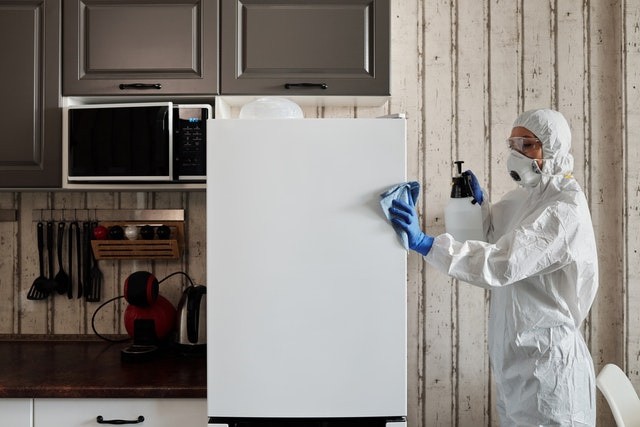

While a majority of consumers - 65 percent - are willing to attend an open house without hesitation, others want specific reassurances first, including approval of a COVID-19 vaccine, research findings say.
People are, however, more concerned about the impact that COVID-19 has on society than how pandemic affects them personally. Sixty-one percent of consumers are concerned about the overall pandemic crisis and its effect on the U.S. economy, research company Engagious said about their "Back to Normal Barometer" survey findings.
The "Back to Normal Barometer" is a bi-weekly survey conducted by Engagious aimed at measuring consumer interest in a range of industries and activities. The real estate-specific findings were taken from a national online survey of 1,040 real estate buyers and sellers conducted in early May, the NAR report said.
The Engagious researchers also delved deeper into the real estate-related findings, particularly those respondents that said they are not yet ready to attend again an open house and the conditions that will make them feel that open house activities are safe enough.
Precautions to ensure open houses are safe
Respondents said that they need specific assurances before they would consider open houses again: approval of vaccine against COVID-19 (47 percent) and local health department assurance (45 percent), Engagious president and co-creator of the barometer, Rich Thau, said.
Read also: Majority of Buyers, Sellers Will Welcome Return of Open Houses
According to Engagious research director, Gina Derickson, consumers want that cleaning has already taken place before they enter an establishment. They also want that those working on high-touch surfaces are professional cleaners rather than the staff or the homeowners.
The survey respondents said the products and correct wording are also important; specifically, they prefer that signage use terms such as "sanitized" or "disinfected" instead of "cleaned." In addition, respondents believe that the buyers' and sellers' risks associated with open houses differ with more risks seen on the sellers' side.
The reason why sellers are more at risk, Derickson said, because they have less control over who enters the home and the surface that they touch. In contrast, buyers are able to avoid danger related to COVID better than the sellers.
Value of real estate agents and their guidance during the pandemic
Both buyers and sellers depend on real estate professionals as far as informing them of what to do and vetting the home to ensure that it is safe. As far as being an essential service, 58 percent of buyers and 58 percent of sellers that real estate is. Moreover, 62 percent of sellers and 54 percent of buyers say that the guidance of a real estate agent is especially valued during the coronavirus pandemic.
To the buyers and sellers, it is important that the real estate agent knows and enforces health safety rules. In particular, 64 percent of buyers and sellers said that agents should have an understanding of state and local COVID-19 safety protocols and provide guidance. If someone in the home is not complying with health protocols, 63 percent of buyers and 64 percent of sellers expect the agent to address the non-compliance.
The real estate agent's knowledge of electronically closing a real estate transaction is important to buyers and sellers. Agents add value to online property searching, respondents say, because they uncover valuable information, as well as provide more in-depth photos and videos of the listed homes.



